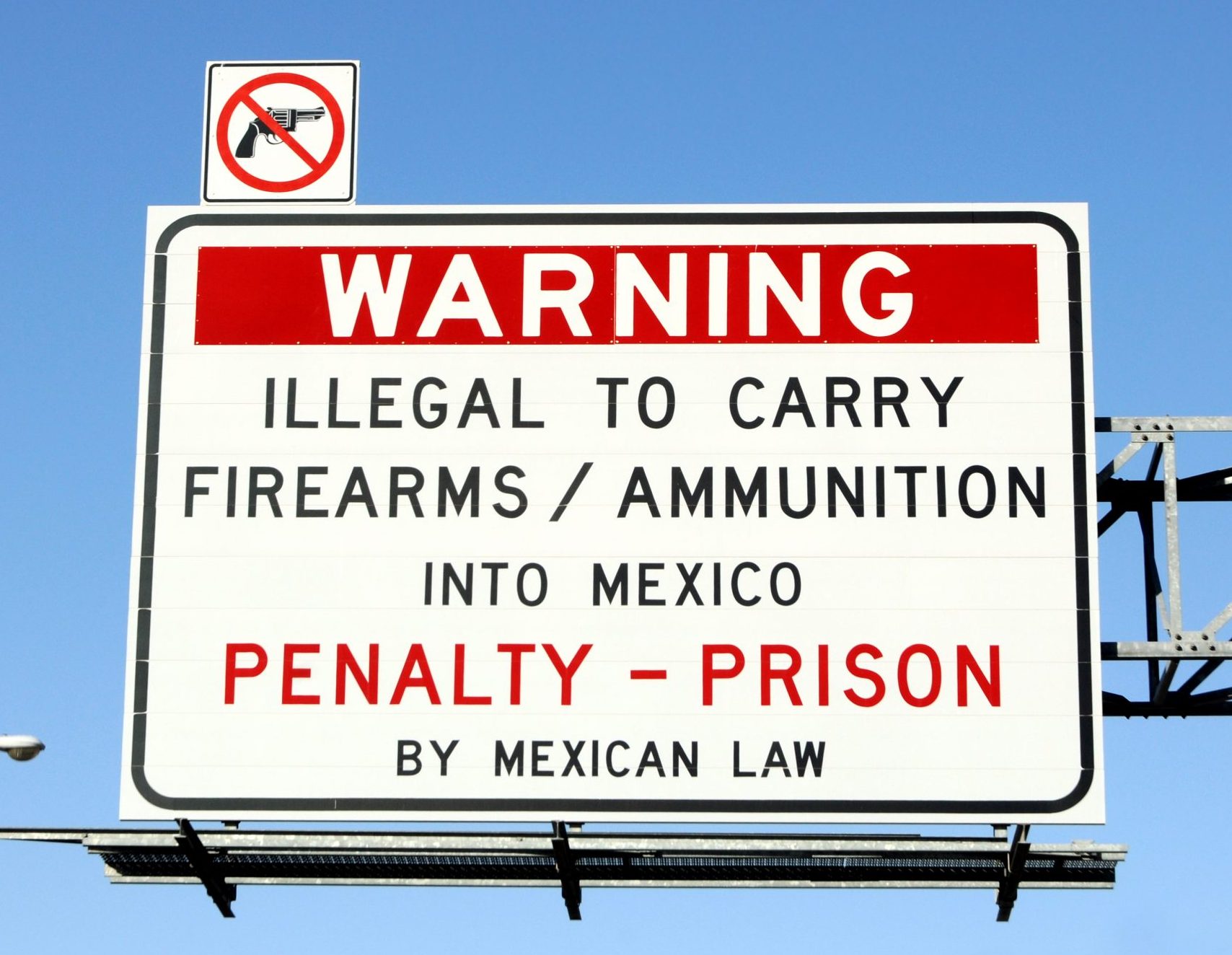
In the United States, the discussion on weapons control is a debate of conscience and laws; in Mexico, however, the problem has to comply with the rule of law.
The killing of primary school children in Uvalde, Texas, with an automatic weapon in the hands of an 18-year-old who had a history of violence, is the almost obligatory corollary of a vicious relationship between the private funding of electoral campaigns and perverse identity politics. For some years, specific factions of the Republican Party have been harping on about the idea that the legal possession of weapons is an absolute right, that it is not possible to limit the number of weapons that it is possible to accumulate, the type of weaponry or the specific qualities of the person who desires to buy a weapon (age, mental state, history, etc.). At the same time, the Republicans have merged and combined that idea with a symbolic, identifying and traditionalist image of conservative American values. For their part, the arms manufacturers, taking advantage of the laxness of U.S. electoral legislation regarding private donations, have captured an important number of governors and legislators.
The result of all this is that in the U.S. it is possible and legal for anyone — starting at age 12, in some states — to acquire an indiscriminate number of guns of any caliber and that there is currently a strong electoral base of citizens who assume the right to have weapons is absolute, and they are not ready to renounce it. Another result is that the United States is the country with the most guns per person in the world, some 120 weapons for each 100 inhabitants, followed by the Falkland Islands, an archipelago that is in danger of being invaded by Argentina, and Yemen, in a state of war since 2014. With a society that is armed to the teeth, it becomes almost natural for anyone, with no greater motivation than personal frustrations or emotional problems, to decide on a bad day to settle a score with fate and gun down people who don’t owe them anything, but who pay for it.
Gun sales are a huge business, especially when done unscrupulously. According to the Stockholm International Peace Research Institute, from 2017 to 2021, the main exporter of guns was the United States with 32% of global exports, followed by Russia (19%) and France (11%). As happens with other countries, for the United States the international sale of weapons is a way of consolidating its influence and promoting economic interests and national security. But when weapons fall into the wrong hands, they can be catalysts of terrorism, organized crime, human rights violations and violations of the international rules that try to limit abuse in warlike conflicts.
As a neighbor of the United States, it is also natural that Mexico is impacted by the proliferation of weapons in the U.S. A group of activists gathered for a project called Stop U.S. Arms to Mexico collected data showing that from 2010 to 2021, the army and the Mexican navy recovered almost 130,000 weapons in the whole country.
In August of 2021, the Mexican government sued 11 weapons manufacturing companies in a U.S. federal court. Without a doubt it was an intelligent, valiant and accurate strategy. Even in the scenario that this lawsuit were not successful, it was an excellent opportunity to present Mexico’s case with solid arguments and strengthen the debate in favor of gun control in the United States. But it is important that Mexicans also do their work on the other side of the border to stop those weapons arriving in criminal hands.
In the United States, the discussion on weapons control is a debate of conscience and laws; in Mexico, however, the problem has to comply with the rule of law. In Mexico, the debate is not legal. Weapons possession is regulated and controlled on paper; the problem is applying the rule of law. It’s all well and good to use U.S. legal resources to propel the legitimate interest that Mexico has to stop the enormous apportionment of weaponry that illegally crosses the border, thanks to a prosperous and unstoppable black market, from its origin; but it’s also essential to spring the trap on Mexican soil, effectively applying the laws that Mexico already has.

Leave a Reply
You must be logged in to post a comment.